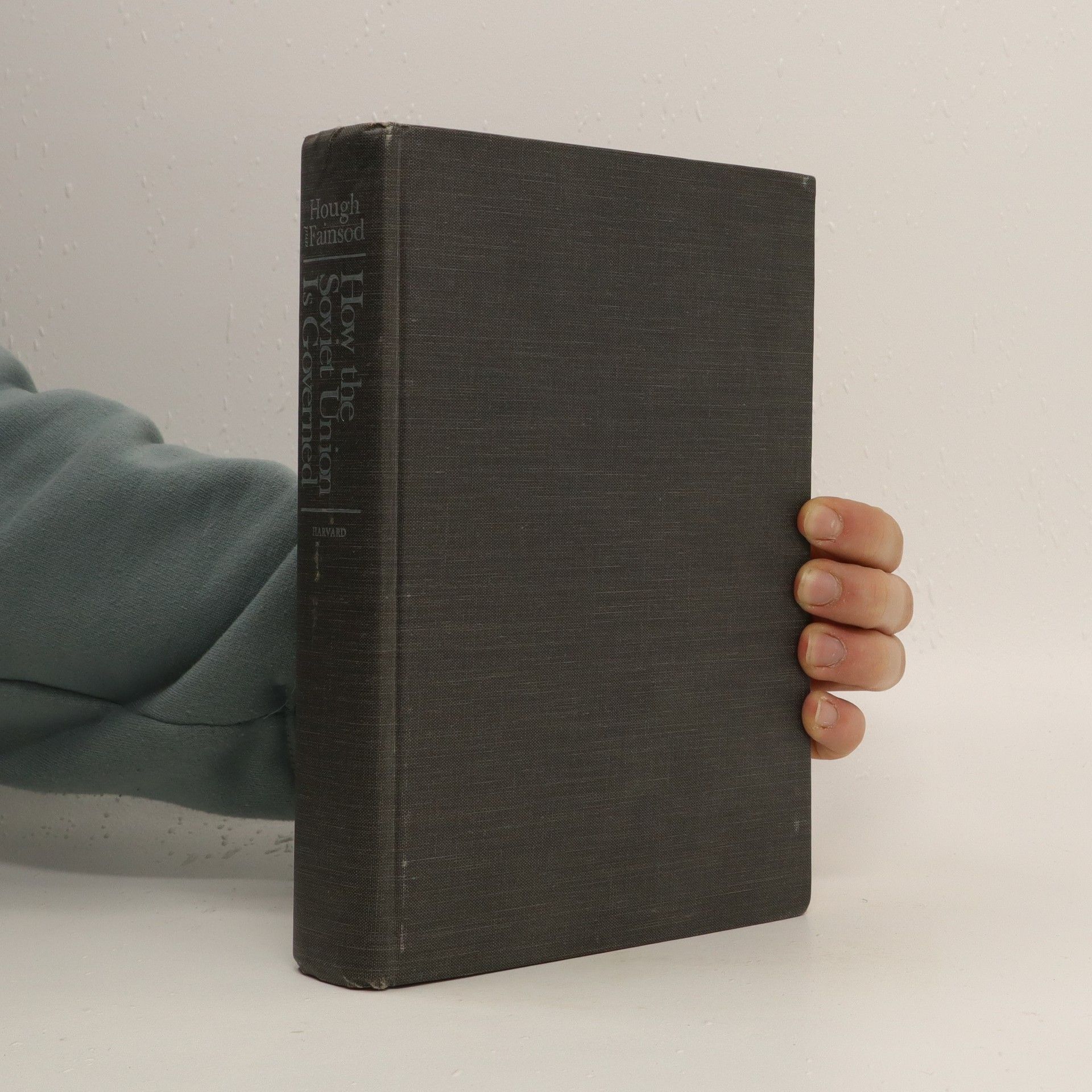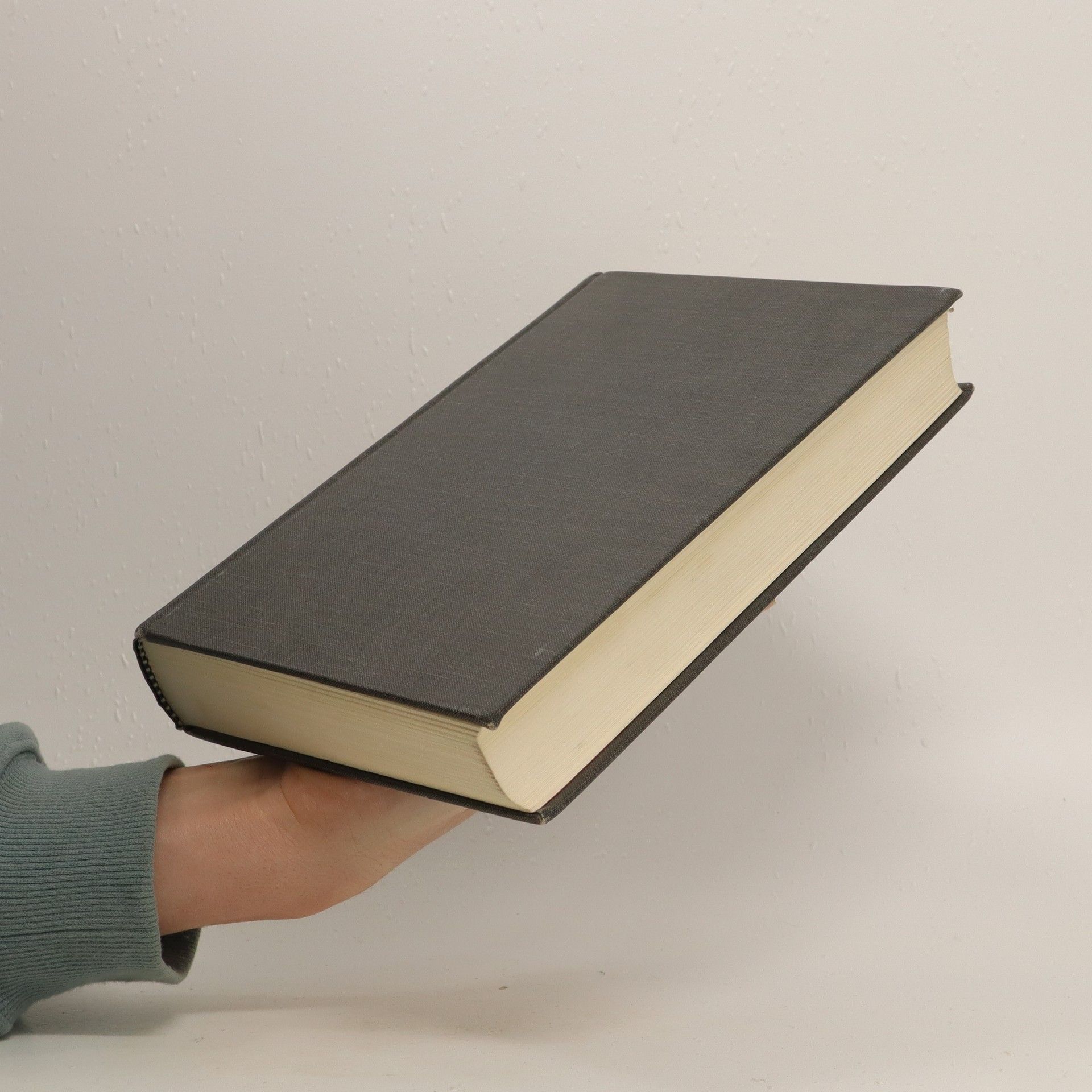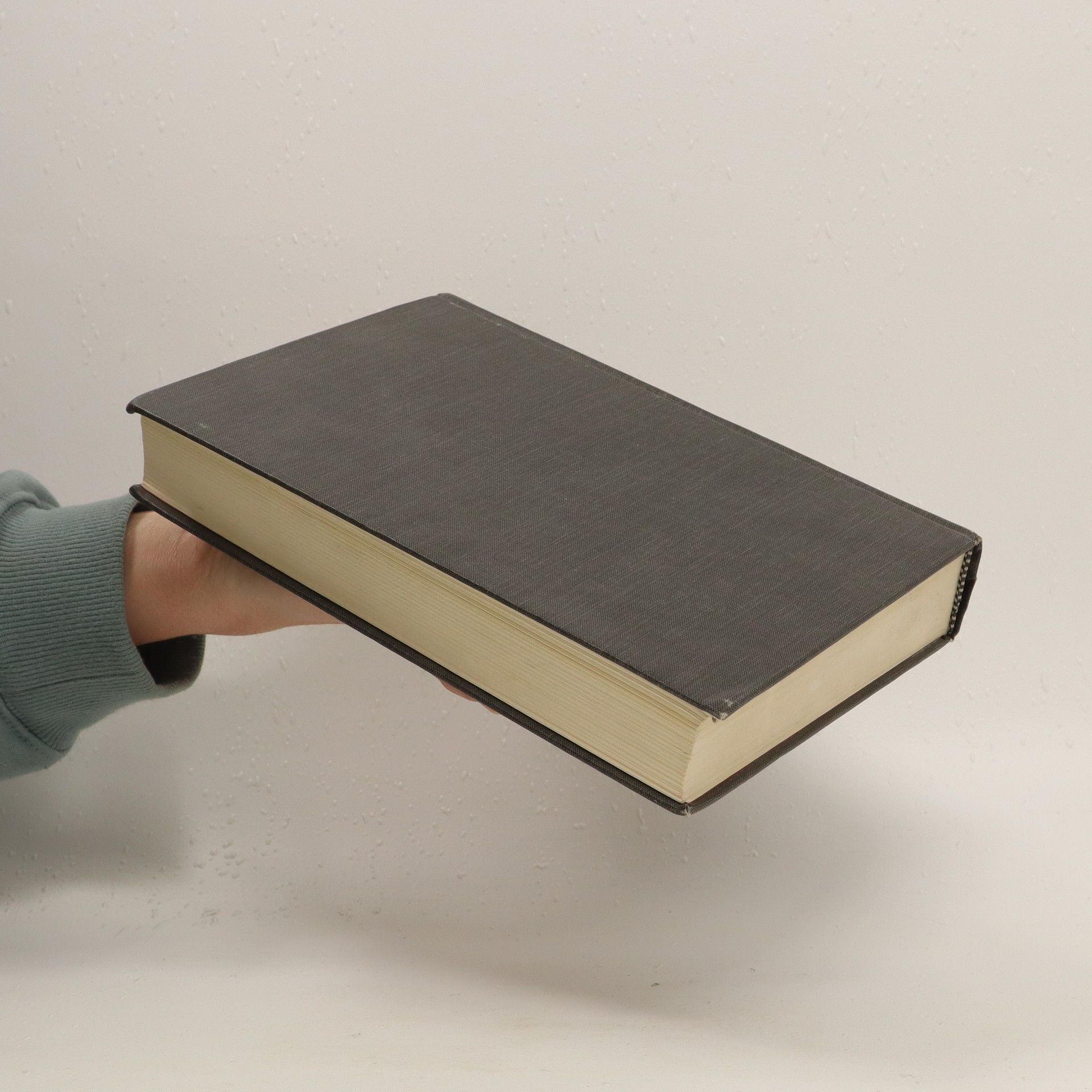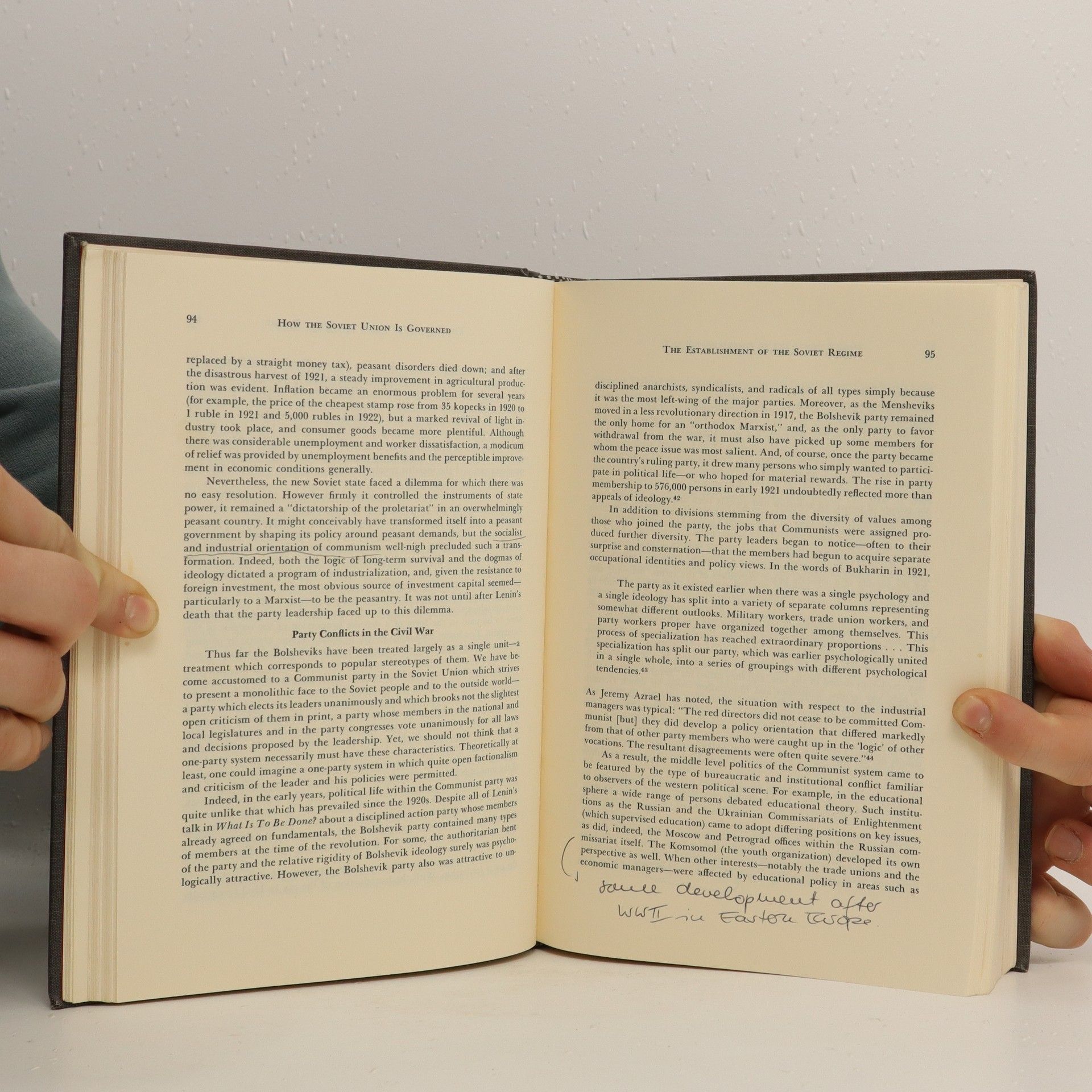Parameter
Mehr zum Buch
This thoroughly revised edition of a classic work, once deemed the most authoritative English account of Soviet governance, presents historical material in chronological order and includes seven new chapters covering the last fifteen years. It brings the Soviet Union into the context of modern history and political science. The earlier editions aimed to explain how the Bolsheviks and Stalin seized control of the Russian political system, the methods used to maintain that control, and the prospects for their continued dominance. This new edition significantly expands on the political process, focusing on policy formation and governance. The author analyzes the alignments and interrelationships among Soviet policy institutions and delves into their operational dynamics. Two chapters specifically address individual political participation, while others explore the internal organization of institutions and how the backgrounds of officials shape their policy positions and alliances. The result is an unprecedented account of power distribution within the Soviet Union.
Buchkauf
How the Soviet Union Is Governed, Jerry F. Hough, Fainsod Merle
- Beschriftungen / Markierungen
- Sprache
- Erscheinungsdatum
- 1979
Lieferung
Zahlungsmethoden
Hier könnte deine Bwertung stehen.




